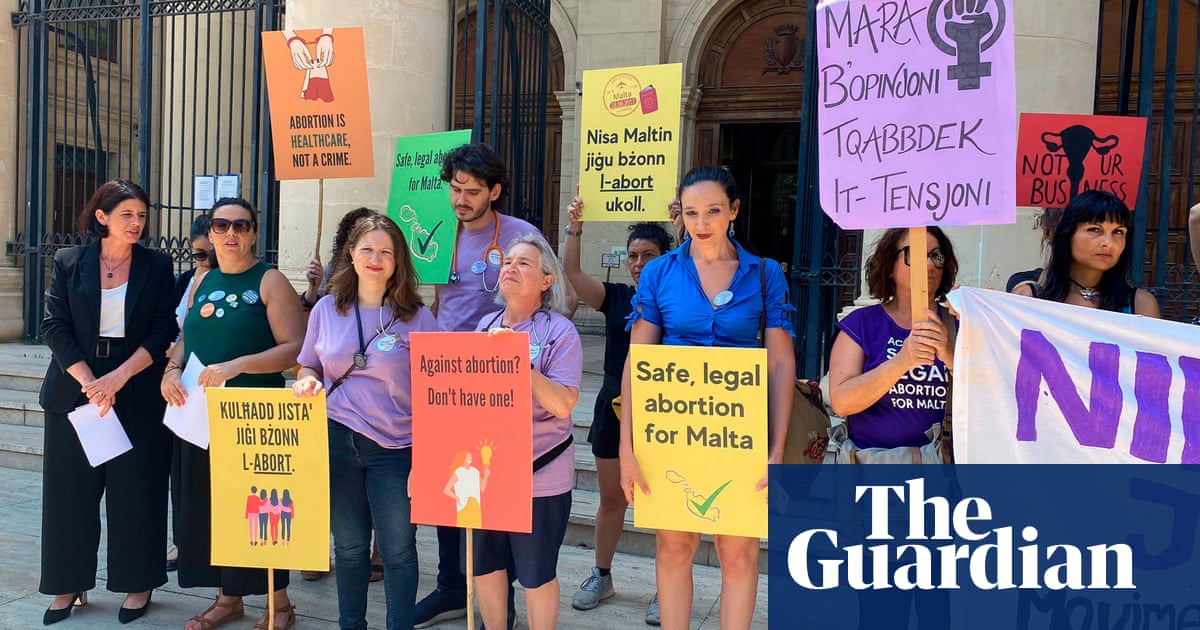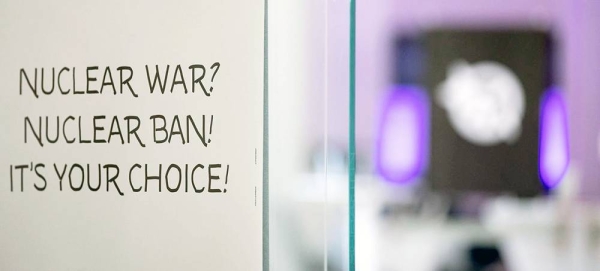
Maltese lawmakers have unanimously approved legislation to ease the strictest abortion laws in the EU, voting to allow terminations – but only in cases where a woman’s life is at risk.
Ahead of the vote on Wednesday, pro-choice campaigners withdrew their support, saying last-minute changes make the legislation “vague, unworkable and even dangerous”.
The original bill allowing access to abortion if a pregnant woman’s life or health is in danger was hailed as a step in the right direction for Malta, a majority-Catholic country. It was introduced last November after an American tourist who miscarried had to be airlifted off the Mediterranean island nation to be treated.
Under the amendments, however, a risk to health is not enough. A woman must be at risk of death to access an abortion, and then only after three specialists consent. The new legislation allows a doctor to terminate a pregnancy without specialist consultation only if the mother’s life is at immediate risk.
Thousands of Maltese protested against the law during demonstrations in December. The governing Labor party, which submitted the original bill, supported the amendments, while the opposition agreed to support it after the changes.
The Voices for Choice coalition withdrew its support last week, calling the amendments “a betrayal”.
The coalition of 14 pro-choice groups said the requirement for three specialists for women whose health is at risk was “unworkable and dangerous”.
Malta had been the only EU nation to have prohibited abortion for any reason, punishable by up to three years in prison to have the procedure or up to four years to assist a woman in having an abortion.
The law is rarely enforced, the last known case of someone being jailed was in 1980. However, a woman was charged under the anti-abortion law this month but not jailed.
San Marino decriminalised abortion last year and other majority-Catholic countries such as Ireland and Italy have legalised it.
In 2021 Poland introduced a near-total ban on abortion, except when a woman’s life or health is in danger or if the pregnancy results from rape or incest. The proposed Maltese legislation does not provide an exception for rape or incest.












